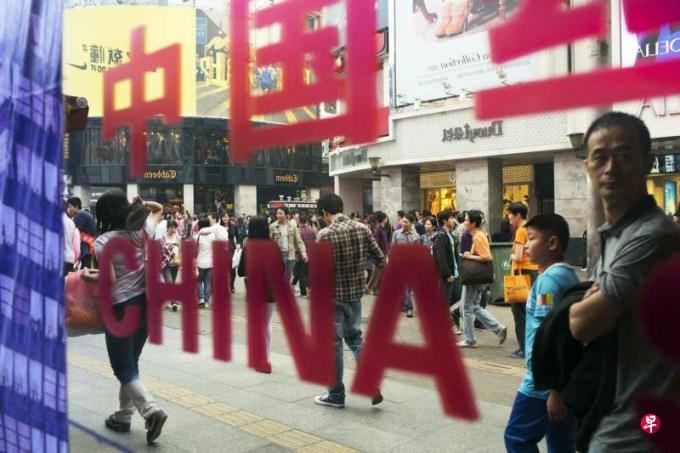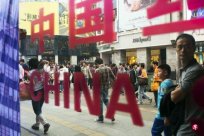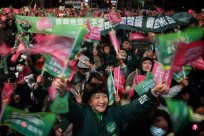
On the contrary, we have not found that any evidence shows that the salary level of government officials in the sample is too low compared to their education level and experience.In other words, insufficient government wages are not the main reason for the prevalence of bribery in China.
Public officials have always been the main problems of the entire development world and some developed countries.A number of studies have repeatedly showed that corruption has hindered economic growth and development, and governments from all over the world have increased their efforts to eliminate corruption.China's anti -corruption movement has been particularly prominent in this regard. Since 2013, hundreds of senior officials and more than 1 million low -level government officials have been arrested or prosecuted.
Corruption increases business costs, hinders economic efficiency, and destroys the fairness of the entire economy and society.However, in view of the fact that bribes are often carried out in secret, it is extremely difficult to estimate the degree and scope of illegal income.One of the ways to do this is to use the "PerManent Income theory" that linked family wealth and community consumption.
In a papers that are about to publish scientific journals, we and several other co -authors use this method to estimate the "unofficial" income of Chinese government officials.By analyzing from 2006 to 2013, a house purchase and income data in a major cities in China, we compared families with government officials and families without government officials.Then, we examined the relationship between the value of the house and family wealth, and considers the gender, age, and education level of officials.
We found that the so -called "gray income" of Chinese officials was equivalent to 83%of the official salary.It is worth noting that this number will increase sharply with the improvement of official levels.For example, the non -official income of low -level civil servants is only 27%of the official income.In contrast, the proportion of government departments (the main level in Chinese administrative terms) rose to 172%.What's even more amazing is that an extra -account income of the head of a government departments (the first level, comparable to a small and medium -sized city mayor in the administrative level of China) is equivalent to 424%of the official salary.
In principle, there are two different types of corruption status: one is that there are a few highly corrupt officials in relatively clean bureaucratic bureaucrats, and the other is that corruption is common in the entire administrative system.Both situations will affect the economy and society in different ways, so different anti -corruption strategies must be adopted.
In order to understand which two situations are applicable to China, we estimate the proportion of specific administrative level officials with unofficial income.Through the value of households with government officials and households without government officials, we found that 13%of officials in the sample have unofficial revenue.It is important that this ratio also increases with the increase.For example, our data shows that about 8%of the civil servants who do not hold the management position have obtained considerable unveiled income.In contrast, this ratio of low -level officials is 12%, while the proportion of officials at the main bureau level reaches 27%and 65%, respectively.
Some people believe that the reason why public officials are willing to accept bribes is because their salary is lower than the income they can earn in the private sector.To evaluate this statement, we have considered factors such as education, work experience, age, and gender.Contrary to the popular view, we did not find any evidence that the salary level of government officials in the sample was too low compared to their education level and experience.In other words, insufficient government wages are not the main reason for the prevalence of bribery in China.
The large -scale anti -corruption movement of the Chinese government provides a unique opportunity for studying whether gray income comes from bribes.Our survey results show that there is a significant correlation between the two because in areas where anti -corruption is strengthened, these unofficial revenue seems to have declined, especially after senior officials are arrested or prosecuted.
This indicates that the Chinese government's anti -corruption measures are at least effective.In addition to these measures, the introduction of market -oriented reforms, especially the restriction of government officials in issuing licenses or distribution subsidies and other resource discretion, may also be of great benefit to winning anti -corruption struggles.
Author Deng Yongong is an outstanding professor of Wisconsin University of Wisconsin Madison, the Department of Real Estate and Urban Land Economics, and Director of Global Real Estate Projects
Wei Shangjin is the former chief economist of Asian Development Bank. He is now a professor of finance and economics at the School of Business and International and Public Affairs of Columbia University.
English Original: MeaSuring Corruption in China
All rights reserved: Project syndicate, 2023.




